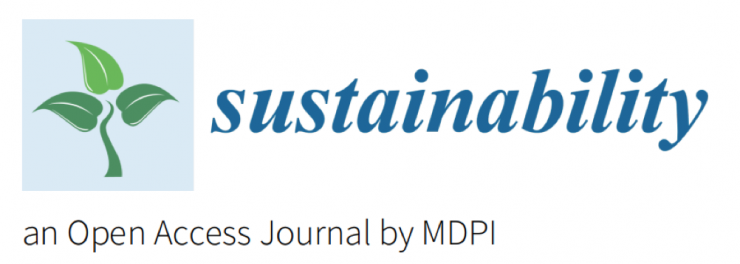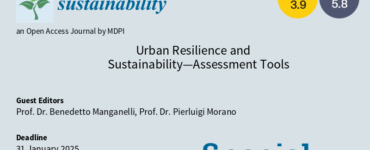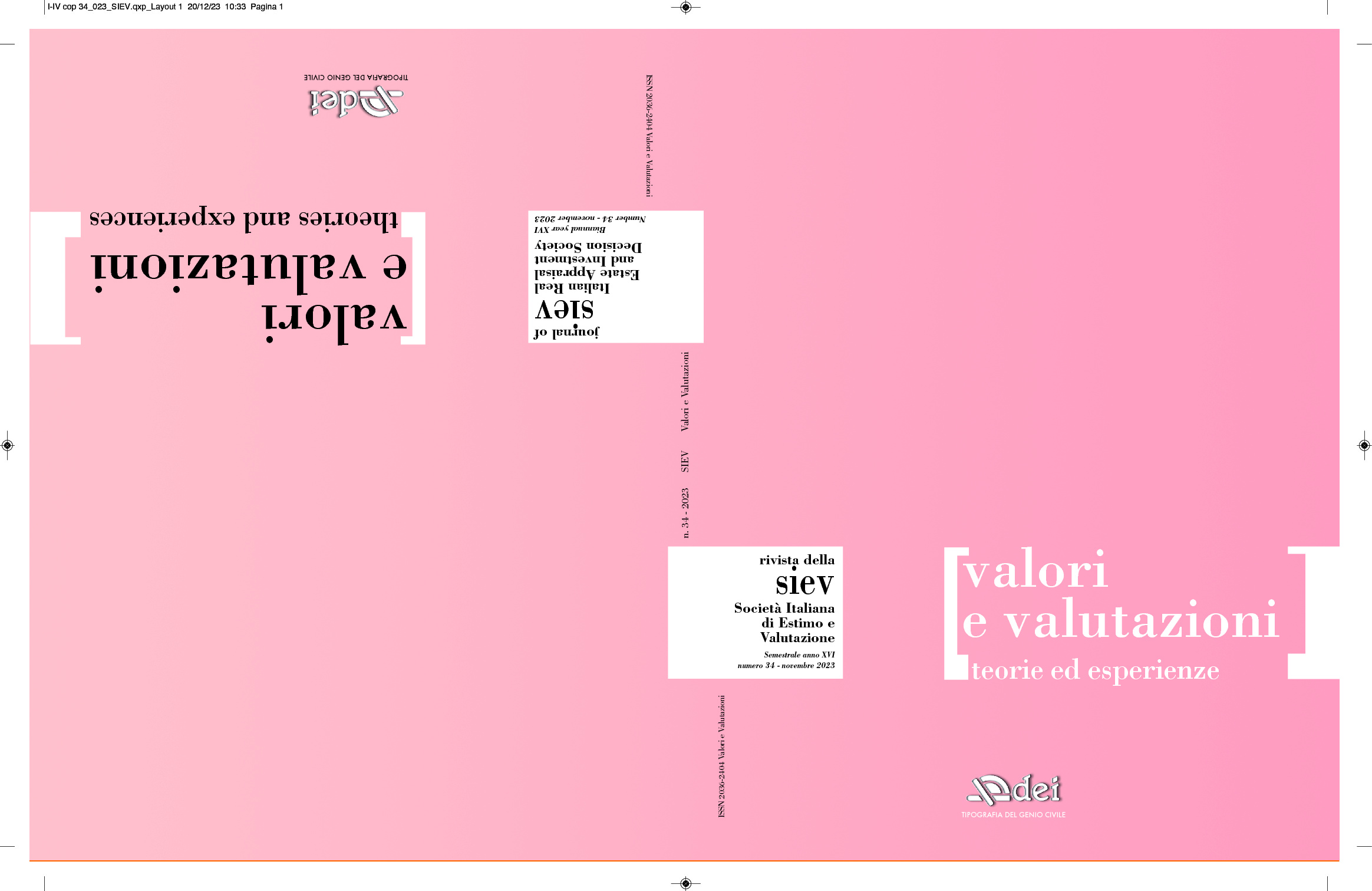A special issue of Sustainability (ISSN 2071-1050).
Deadline for manuscript submissions: 31 December 2020.
Dear Colleagues,
It is commonly known that the rhythms of daily life have been accelerating at a steady rate in recent decades, creating an attitude that values time-saving over everything else.
However, this way of interpreting reality is now beginning to show its limits and contradictions, the most evident manifestation of which is the emotional tension that accompanies economic and social behaviors, always perceived as inefficient with respect to the demands of quick living. The COVID-19 pandemic event has definitely further exasperated emotional experiences, imposing a critical analysis on accelerated models and an openness towards slow ones.
In the age of speed, in which time never seems to be enough, the philosophy of “slowing down” has begun to emerge. It seems, thus, appropriate to redesign the relationship among people, technological innovations, and the built environment, recomposing their space–time distances in such a way that, while allowing freedom from physical obstacles and a great ability to move and act, it also allows people to find the right rhythm of life.
A perspective that recalls the triad of the sustainable development—environmental, social, and economic issues—intends to ensure the present generation’s satisfaction of needs without compromising the possibility for future generations to satisfy their own. Formal and informal movements have multiplied, promoting and pursuing ideas and actions that can be traced back to the principle of living slowly.
Among these, a key role in the perspective of sustainability is played by the movement of slow cities, the international city network of good living.
The slow cities movement promotes and spreads the culture of good living through research, experimentation, and application of solutions for city organization aimed at the enhancement of the “slow qualities”, which are necessary to create livability, to protect and to safeguard environment and cultural heritage and, above all, to enhance territorial identities.
The movement proposes an urban model based on the logic of sustainable urban development, based on the ability to regenerate nonreproducible environmental resources and to reduce soil consumption, through policies aiming to recover and redevelop the existing city, to incentivize environmental compatibility of the infrastructure system, to achieve solutions of “sustainable mobility”, and to recover fringes of social and economic marginality.
The movement devotes ample space to the many issues related to the environment and its protection, from sustainable urban planning to energy consumption savings, and from efficient transport to quality tourism, at the same time also dedicating additional room to social, cultural, and educational emergencies.
It is a challenge that involves all sciences and that through communication and interdisciplinary exchange must be able to use analysis and synthesis to preserve and to enhance territory, landscape, environment, and cities.
Prof. Dr. Francesca Salvo
Dr. Manuela De Ruggiero
Guest Editors











Add comment